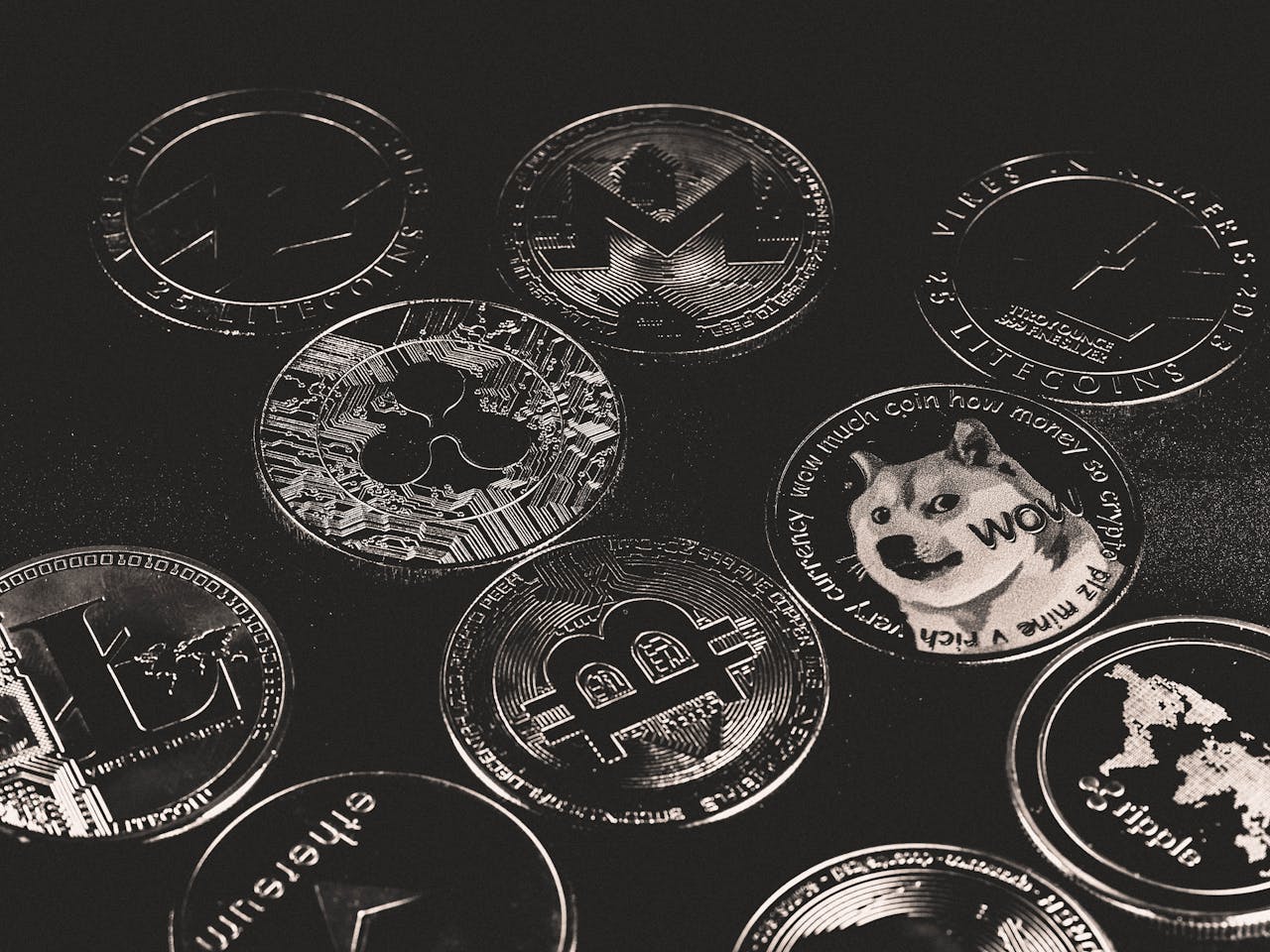Canada’s government has moved a major step closer to establishing a national regulatory framework for stablecoins after narrowly passing Prime Minister Mark Carney’s first federal budget. Tucked inside the extensive budget package is a proposed policy that would introduce strict oversight of stablecoin issuance, with the Bank of Canada serving as the primary regulator. While additional procedural steps remain before the rules are finalized, this vote marks a significant victory for the newly formed administration.
Under the proposed framework, stablecoin issuers in Canada would be required to maintain one-to-one reserves consisting only of the referenced fiat currency or other high-quality liquid assets. Issuers must also support immediate redemptions and comply with rigorous standards around risk management, cybersecurity, disclosures, and contingency planning in the event of operational failures. The Bank of Canada would manage a registry of approved issuers and ensure ongoing supervision.
A key limitation in the policy is that non-bank stablecoin issuers cannot offer any form of interest or yield—whether in cash, digital assets, or other benefits—to customers holding their tokens. This mirrors parts of the recently passed stablecoin legislation in the United States, which also restricts yield-bearing stablecoin models.
Prime Minister Carney made headlines over the weekend after appearing alongside Coinbase Canada CEO Lucas Matheson at the Canadian Football League championship game. Matheson later expressed cautious optimism about the government’s direction, calling the policy a “step in the right direction.” However, he urged lawmakers to consider an interim pathway that would allow CAD-denominated stablecoins to enter the market sooner, as well as permit issuers to share yield on deposits. According to Matheson, such changes would strengthen Canada’s global competitiveness and reinforce the Canadian dollar’s influence in international markets.
The global stablecoin landscape remains heavily dominated by U.S. dollar-pegged tokens, though more jurisdictions—including the European Union—are crafting frameworks to expand the role of their domestic currencies in digital finance.



























Comment 0